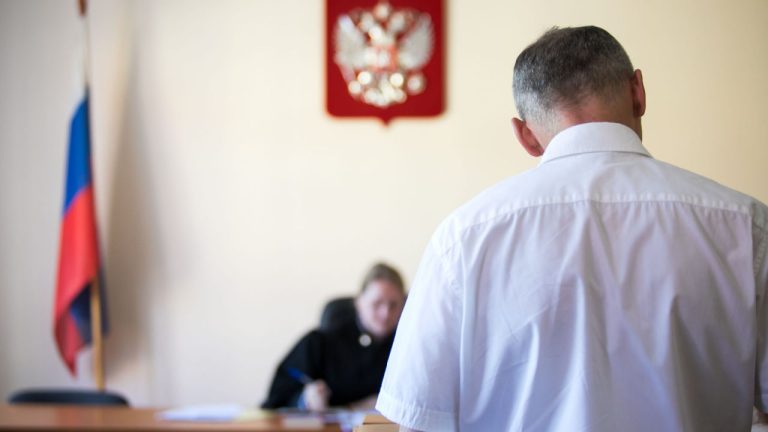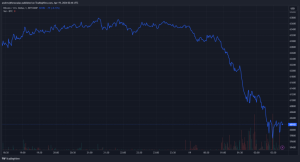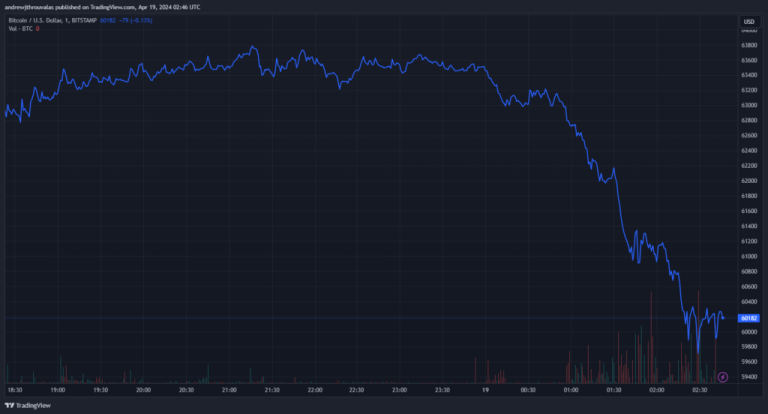

Lubomir Tassev


At Least 1,000 Lawsuits Filed Against Crypto Miners in Russia’s Irkutsk Region
Authorities in the Russian region of Irkutsk have so far filed 1,000 lawsuits against what they call “gray” miners, or people minting coins in their homes. In over half of these cases, courts have ordered the defendants to compensate the operators of the distribution networks.
Hundreds of Crypto Miners Sued in Irkutsk for Extracting Digital Currencies Using Subsidized Electricity
Power distributors in the Siberian Irkutsk Oblast have filed lawsuit number 1,000 against consumers illegally mining cryptocurrency in residential areas. In 600 of these, judges have decided that the so-called “gray” miners should pay a total of more than 260 million rubles ($3.5 million) in compensation for losses and damages.
The most common reason for going to court is an unusually high usage of electricity, the regional news portal Irk.ru reported. Such is the recent case with the owner of a house in the village of Novaya Razvodnaya, whose average monthly power consumption over the course of one year reached almost 80,000 kWh, exceeding the total burned by the other 15 homes on the same street.
The man denied any misconduct, claiming he didn’t mine cryptocurrencies but used heat guns to dry his basement. The Irkutsk Regional Court did not accept his explanation and as a result he will have to pay the local power utility, Irkutskenergosbyt, more than 2 million rubles (approx. $27,000).
The amount should cover the difference between the subsidized electricity rates for domestic purposes, which can be as low as $0.01 per kWh in rural districts, and the much higher tariffs that businesses are required to pay.
In the past couple of years, authorities have been trying to clamp down on home crypto mining in the region, which has become a popular source of additional income for a growing number of people. Officials believe that the regulation of mining in Russia and the introduction of differentiated rates, depending on consumption, will help solve the issue.
Quoting Deputy Ministry of Energy Pavel Snikkars, the Russian press reported in December that electricity distribution companies have started to identify improvised mining farms in residential buildings by the increased loads on the grid at substations and are now prosecuting the illegal miners.
While crypto mining is yet to be regulated in Russia, with a dedicated bill under review in the parliament, such activities are not explicitly prohibited at the moment. Nevertheless, utilities can still prove in courts that these consumers are not using the electricity for domestic needs and request to charge them at commercial rates.
Do you think Russian authorities will continue to crack down on amateur crypto miners? Share your thoughts on the subject in the comments section below.














